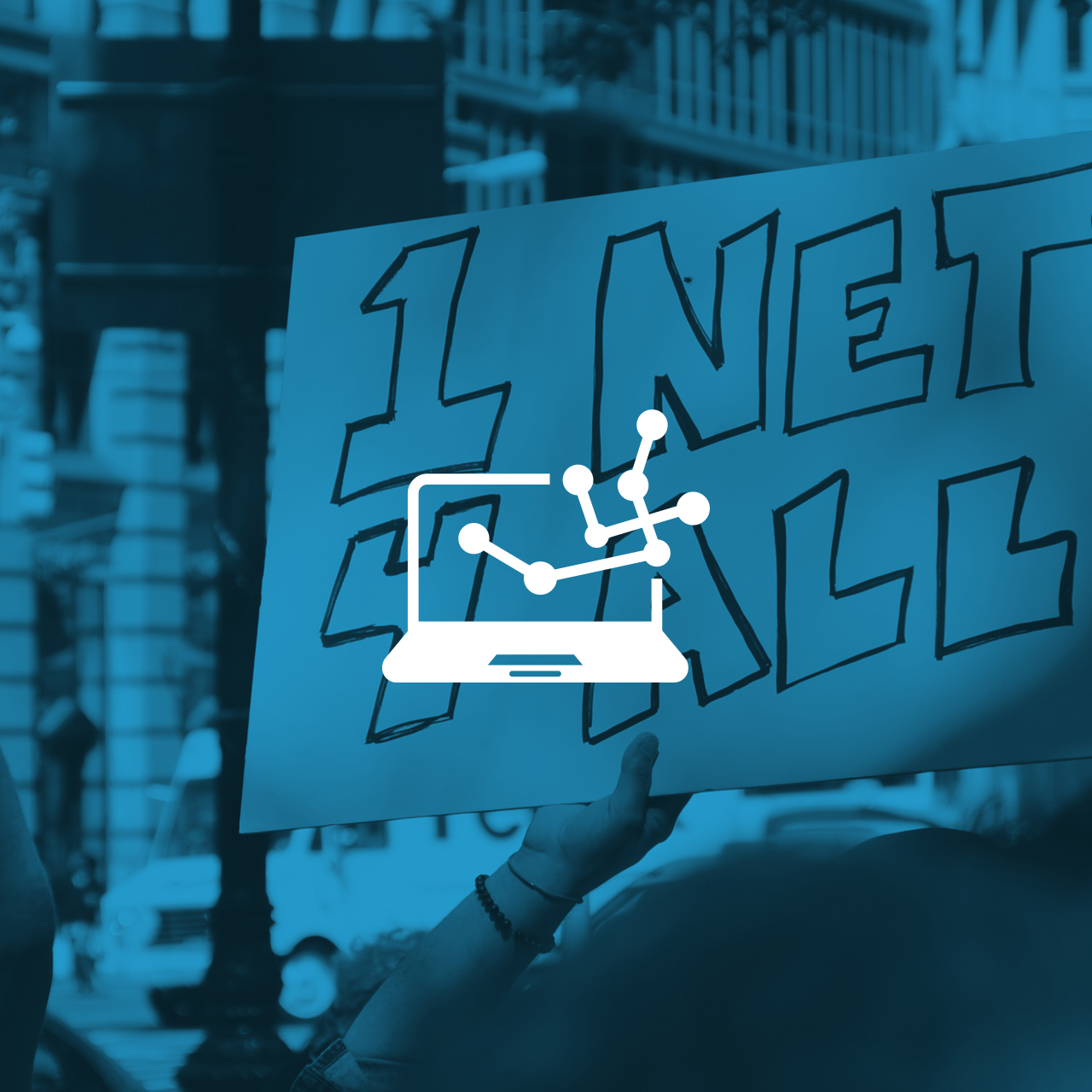
As digital rights advocates around the world celebrate the victory for Net Neutrality in the U.S., we should remember that the fight in Europe is heating up. Right now decision makers in Brussels are negotiating over a crucial text to preserve the open internet, and it’s time for them to make the right decision and pass Net Neutrality into law. The European Parliament holds the key.
Net Neutrality matters. It is the principle that internet providers treat all content, applications and services equally, without discrimination. In other words, they can’t charge for slow lanes or fast lanes. As law professor Tim Wu, who coined the term “Net Neutrality,” summarized: “It’s good for innovation and it’s good for free speech.” Free expression is especially important for users at risk, who often rely on the internet to celebrate the views of marginalized communities and dissidents.
A year ago, Europe leapt ahead of the U.S. with its proposal for a Regulation on a Telecoms Single Market, vital legislation that could enshrine Net Neutrality into law. But recently lawmakers have been distracted by industry lobbyists — the EU Commissioner for Digital Economy and Society, Günther Oettinger, even went so far as to compare digital rights advocates to the Taliban. Italy, which held the rotating Presidency of the Council of the EU, also hid its head in the sand instead of pushing forward the negotiations over the Telecoms Single Market last year.
The Telecoms Single Market is currently being negotiated in “trialogue,” the process by which the three major organs of the European Union — the Commission, the Parliament, and the Council of the EU — discuss their various proposals and resolve them into a single text. The European Parliament holds a crucial role, because for the past several years it has made definitive calls for Net Neutrality, and these protections are reflected in their version of the Telecoms Single Market.
Latvia, too, which holds the Presidency of the Council, can leave an important legacy. We encourage MEPs and representatives from Latvia to support Net Neutrality in Europe. Regrettably, the latest draft of the Telecoms Single Market from the Council is even farther away from the Parliament’s version than it was in the beginning of the Council deliberations. The Council’s approach is confusing at best. It seems to be drifting farther away from Net Neutrality, and instead opting for complex, bureaucratic text which actually undermines non-discrimination principles.
The consequence of not protecting net neutrality in the EU — a tiered internet that favors large, incumbent companies and has the potential to censor unpopular speech — would be a detriment to the future of the internet in Europe.
The fight in the U.S. showed the world that that the American public overwhelmingly wanted an open net, and it’s an issue that appeals to all political parties. But Net Neutrality is a global issue. From Chile, to the Netherlands, to Brazil, countries around the world have passed laws to support it. And 66 organizations from five continents have joined the Global Net Neutrality coalition to press for change and support the open net. The world’s largest democracy, India, is also considering Net Neutrality legislation right now. Civil society groups rallied to support Net Neutrality after the Telecom Regulatory Authority of India invited comments from stakeholders on new rules governing mobile internet and broadband.
Next week, a coalition of digital civil liberties organizations, including Access, will relaunch the Savetheinternet.eu website. It’s not too late to join the coalition or to contribute translations. Share your voice. The EU has a unique and historic opportunity to set a strong standard for the open net. Lawmakers need to hear by phone, email, and fax that the open net matters to you. We need your help to ensure they choose an internet that will foster competition, innovation, and the flourishing of human rights in the EU and beyond.
